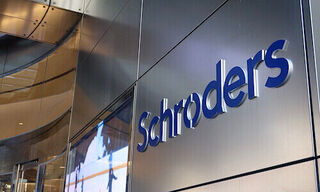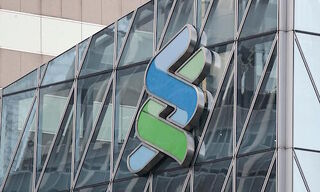UBS’ Newfound Appetite for a Fight
The most prominent case is currently underway in Paris, where the French state pursues an alleged case of money-laundering which in case of a guilty verdict may lead to a fine of as much as 5 billion euros ($5.71 billion).
French attorneys also recently claimed 1.6 billion euros in a civil lawsuit from the bank, in addition to a possible fine.
Quick Solutions
In all these cases, UBS is innocent until proven guilty. And yet it comes as a surprise that the bank has become so belligerent, because earlier it had given the impression of preferring quick solutions of cases brought by authorities.
In 2009, UBS was the first Swiss bank to reach a deal with the Department of Justice in the tax dispute. It agreed to hand over client data and paid $780 million in a settlement agreement. The deal served it well, or so it seemed when the U.S. slapped a fine of $2.6 billion on Credit Suisse in 2014.
Libor Settlement
In the case of Libor manipulations, UBS was quick to throw up its hands and thus escaped being charged. It paid 1.4 billion francs to U.S., British and Swiss authorities to settle the case in 2012. In 2014, UBS settled the tax dispute with Germany and paid 300 million euros.
The UBS general counsel recently told French newspaper «Les Echos» (behind paywall) that the U.S. tax dispute had been a «serious» situation, while the demands by the German authorities had been pretty measured. That was why the bank had decided to go for a settlement.
Why More Aggressive
The quick settlements seem to have served the bank quite well in the past, so why the more aggressive tone in the new cases?
In the case of the mortgage-backed securities, the bank may point to a rival bank that also fought the claims successfully.
The Barclays Example
In 2016, the U.S. had claimed a fine of $5 billion from Barclays due the losses of similar securities. The U.K.-based bank wasn’t to pay more than $2 billion and that was what it ended up paying, when the two sides came to an agreement after a long tussle in March of 2018.
By way of comparison, Bank of America paid $16.6 billion and Credit Suisse $5.3 billion. Diethelm will have analyzed those cases carefully for sure.
Time Will Tell
He has been pretty astute in getting good deals for his employer over the past years and it stands to reason that he will succeed again. But of course, whether or not the new approach pays off for Switzerland’s biggest bank, time will tell.
- << Back
- Page 2 of 2























